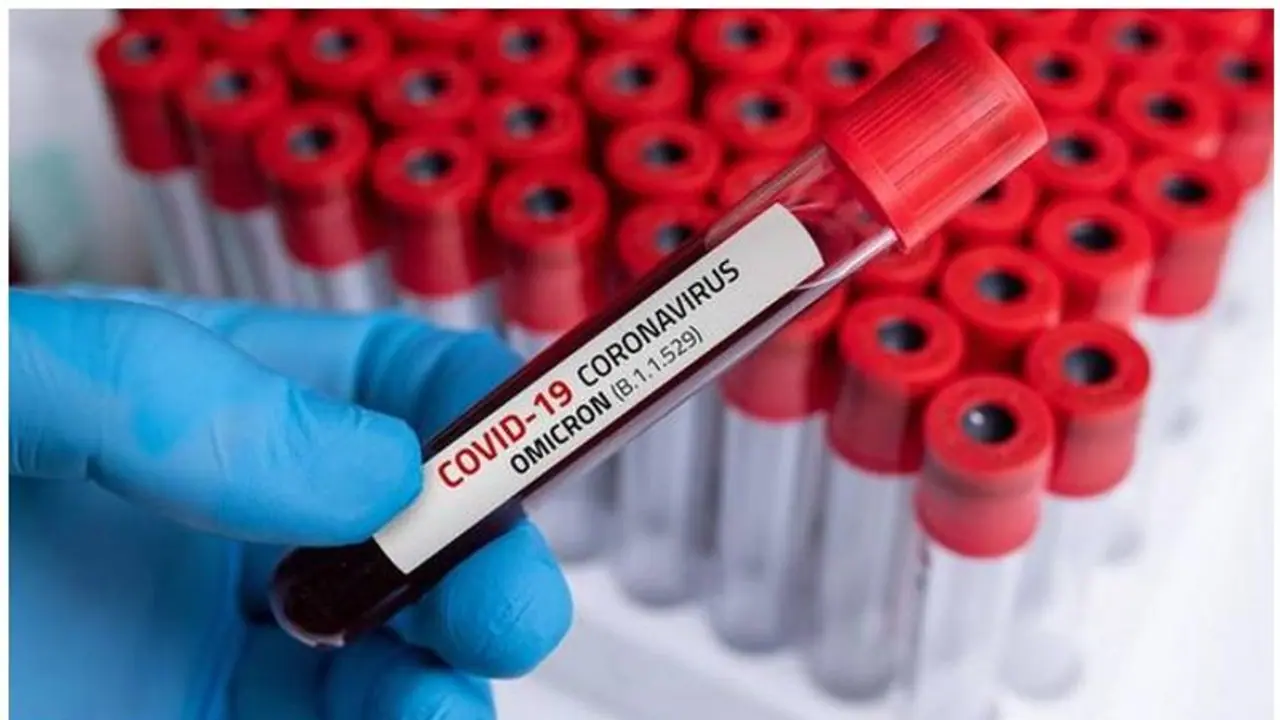World Health Organisation Chief Scientist Dr Soumya Swaminathan underlines that social measures remain critical tools to reduce the number of infections.
Even if an individual is vaccinated and tries his or her best to stay safe, Omicron is still so transmissible that the person may come in contact with the Coronavirus variant at some point, World Health Organisation Chief Scientist Dr Soumya Swaminathan has said.

Stating that the Omicron variant showed exponential growth, was most transmissible and able to breakthrough vaccine protection more easily than Delta or other variants preceding it, Dr Swaminathan underlined that social measures remained critical tools to reduce the number of infections.
The WHO Chief Scientist stated that one of the best ways to stay safe over the festive period was through vaccination. While admitting that the vaccines may be less effective in preventing infection with Omicron, Dr Swaminathan said that vaccines still offer significant protection against a severe type of the disease.
Dr Swaminathan sought to send out the message that while vaccination is crucial to combatting the pandemic, that alone would not be enough. She said, 'The virus is not tired of us although we may be tired of the pandemic. While it is critical for our mental and physical health to see loved ones, the gathering of large crowds is where the virus can be particularly prolific. We have seen instances where the Omicron is spreading more efficiently than ever from aeroplanes, nightclubs and even hotel quarantine.'
"Given that Coronavirus is a respiratory virus, which mainly spreads through the air, it is essential to know how best to keep oneself safe. By talking, singing and even just breathing, infected people can easily pass the virus to others. Obviously the closer you are and the longer time you spend with someone that is sick, the more likely you are to get the virus," she added.
The WHO chief scientist noted that viral transmission is further optimized in indoor settings where windows and doors are closed, ventilation is poor and where people are not wearing masks. While Dr Swaminathan said that she understood the fatigue of using video sharing platforms for far too many aspects of people's lives, she advised that if people do go out to meet their friends or family, they should try to do so outside and in as small a group as possible.
And if inviting someone over, Dr Swaminathan advised that people should try and keep windows open so that there is regular air ventilation. If it is too cold outside, open the windows after regular intervals so that fresh air can circulate. Also, she underscored how wearing good quality and well-fitting masks can really help reduce infection.
Citing evidence that suggested that universal mask-wearing could reduce chances of infection significantly, Dr Swaminathan described masks as a vaccine in people's pockets. She said that festive seasons are may be difficult to navigate during a pandemic but through vaccination and public health measures, risk could be minimized and people can still spend time with loved ones.
Also Read: Omicron threat: Centre advises states to consider local curbs, ramp up vaccination
Also Read: PM Modi holds review meeting on COVID-19 situation amid Omicron threat
